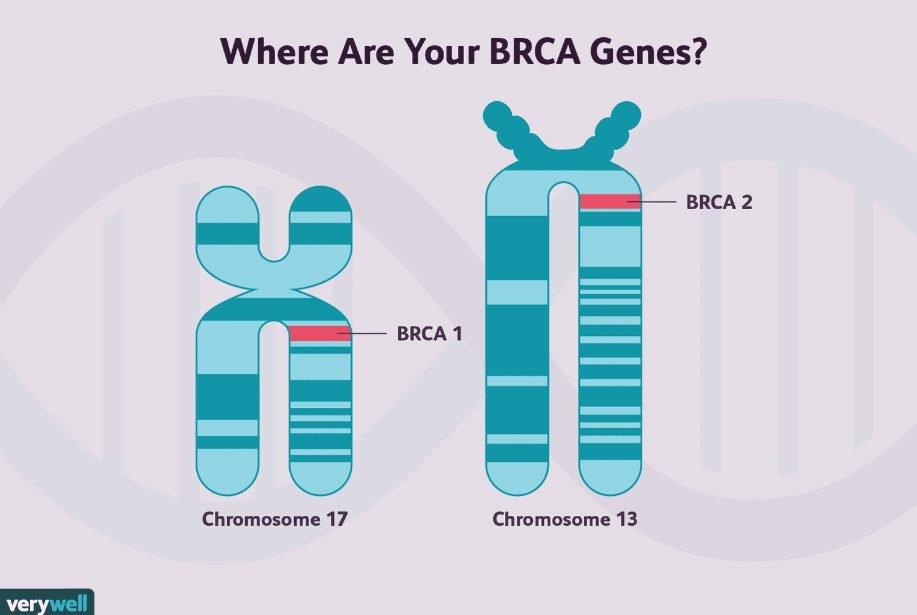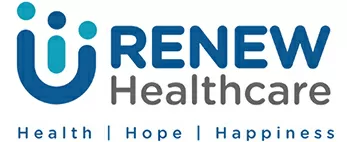

Angelina Jolie’s decision to undergo a preventative mastectomy due to a breast cancer gene mutation sparked a global conversation on genetic testing and brought hereditary cancer testing into the spotlight. “The Angelina Effect” led to a surge in breast cancer gene testing and preventative surgeries, raising awareness and likely saving lives.
However, concerns arose about women rushing into surgery without fully understanding their individual risks. Years later, genetic testing has become more advanced. Is breast cancer gene mutation testing right for everyone?
The focus has shifted towards informed decision-making. At Renew Healthcare, we understand the importance of genetic counselling – which helps women with a family history or cancer diagnosis understand their options and make the best choices for their health. Here, we clearly and concisely break down the pros and cons of testing for breast tumour markers.
In India, breast cancer is a leading concern for women, with some families having a much higher risk than others. Hereditary Breast and Ovarian Cancer (HBOC) can be passed down from parents through genes. Researchers are still learning more, but specific genes, like BRCA1 and BRCA2, can increase a woman’s chances of getting breast cancer by upto 85% and ovarian cancer by up to 30%. Studies suggest that around 10-15% of all breast cancer patients in India carry a gene mutation, with BRCA1 and BRCA2 likely explaining 40-50% of those identified mutations.
BRCA1 and BRCA2 stand for Breast Cancer Genes 1 and 2. These genes act like bodyguards for your DNA, constantly working to repair damage that can lead to cancer. Unfortunately, sometimes these genes themselves inherit mutations, glitches in their instructions, that weaken their ability to do their job.

BRCA testing is a genetic test that analyses your DNA to see if you carry these specific mutations in BRCA1 and BRCA2. If a mutation is present, it significantly increases a woman’s risk of developing breast and ovarian cancer throughout her lifetime. While not everyone with a BRCA mutation will develop cancer, the test allows women to understand their risk and take proactive steps towards managing their health.
BRCA testing isn’t recommended for everyone, but it can be a valuable tool for women with certain risk factors. Here are some key situations where discussing BRCA testing with your doctor might be a good idea:
BRCA testing can be a powerful tool for understanding your risk of developing breast and ovarian cancer. However, it’s a personal decision with both potential benefits and drawbacks. Let’s explore both sides of the coin:
BRCA testing is a personal decision. At Renew Healthcare, our genetic counsellors can guide you through the process. They will discuss your family history, explain the test, address your concerns, and help you interpret the results. We offer various genetic counselling services, including:
Remember: Knowledge is power. Contact Renew Healthcare today to schedule a consultation with a genetic counsellor and explore your options for BRCA testing. Together, we can help you make informed decisions for your health and well-being.
